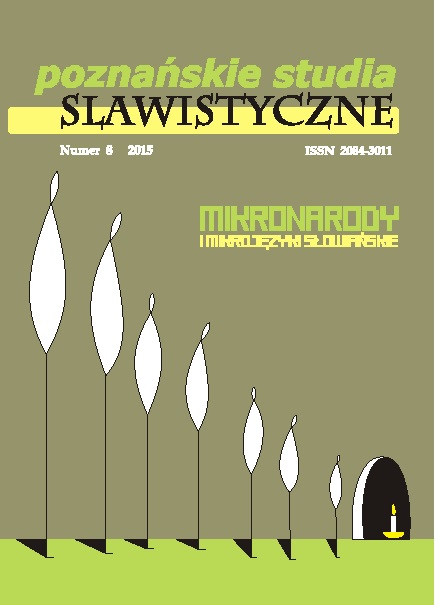Rozwój semantyczny rzeczownika „humor” w polszczyźnie. Przegląd leksykograficzny
Semantic Development of the Noun “Humor” in Polish Language. Lexicographic Overview
Author(s): Tomasz KorpyszSubject(s): Language and Literature Studies, Theoretical Linguistics, Semantics
Published by: Uniwersytet Adama Mickiewicza
Keywords: humor; lexicography; semantics; language of emotions; joy
Summary/Abstract: In the past fifteen years, the Polish linguistics faced a significant increase of interest in research into positive emotions: their naming, the ways in which they are expressed and manifested in the texts. The largest group of such research pieces concerns the field of joy and happiness and includes the noun “humor” and its derivatives. The semantic development of the above-mentioned noun can be traced basing on lexicographical sources: ‘body fluids’ (XVI c., the meaning disappears in the nineteenth century) – ‘character, temperament, mood’ (XVII c.) – ‘good mood’ (XVII c.) – ‘whim, fantasy’ (XVIII c., this meaning becomes soon characteristic solely for the plural uses) – ‘type of comedy’ (XIX c.). Being less aggressive, more intellectual and requiring developed cultural competence from both the sender and the receiver, “humor” in the latter sense quite soon begins to be regarded as more valuable than the other types of comedy. High evaluation is attributed also to “humor” in the sense of ‘character, temperament’, associated with positive emotions such as joy, serenity and optimism.
Journal: Poznańskie Studia Slawistyczne
- Issue Year: 2015
- Issue No: 08
- Page Range: 287-301
- Page Count: 15
- Language: Polish

